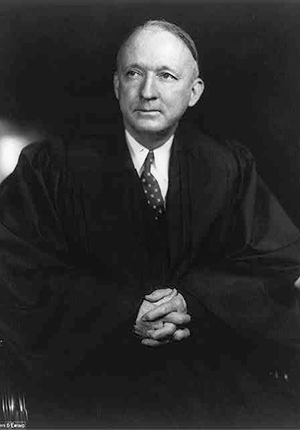Summary
One key area of debate under the First Amendment’s Establishment Clause is over government funding of religious institutions. In this area, scholars have divided between two opposing interpretations of the Establishment Clause. One set of scholars argues that the government must be neutral between religious and non-religious institutions that provide education or other social services. The other set argues for a bright-line rule, arguing that no taxpayer funds should be given to religious institutions if they might be used to communicate religious doctrine. The Supreme Court itself has moved between these positions over time. Initially, the Court followed the first approach. Then, in the 1970s and 1980s, it shifted to the second one. And, finally, in more recent years, the Court has moved back to the first approach. This case represents an important example of the first approach—calling for government neutrality. A New Jersey law permitted local school boards to reimburse parents for the cost of school transportation, including to religious schools. A taxpayer challenged this law under the First Amendment’s Establishment Clause, arguing that state tax funds may not be used to indirectly support religious schools. In a 5-4 decision, the Supreme Court held that the state law did not violate the Establishment Clause, since it was neutral between believers and nonbelievers—treating religious schools in the same way as it treated secular schools. The Court also affirmed that the Establishment Clause applies to state laws, not just federal laws. This process is known as incorporation.






